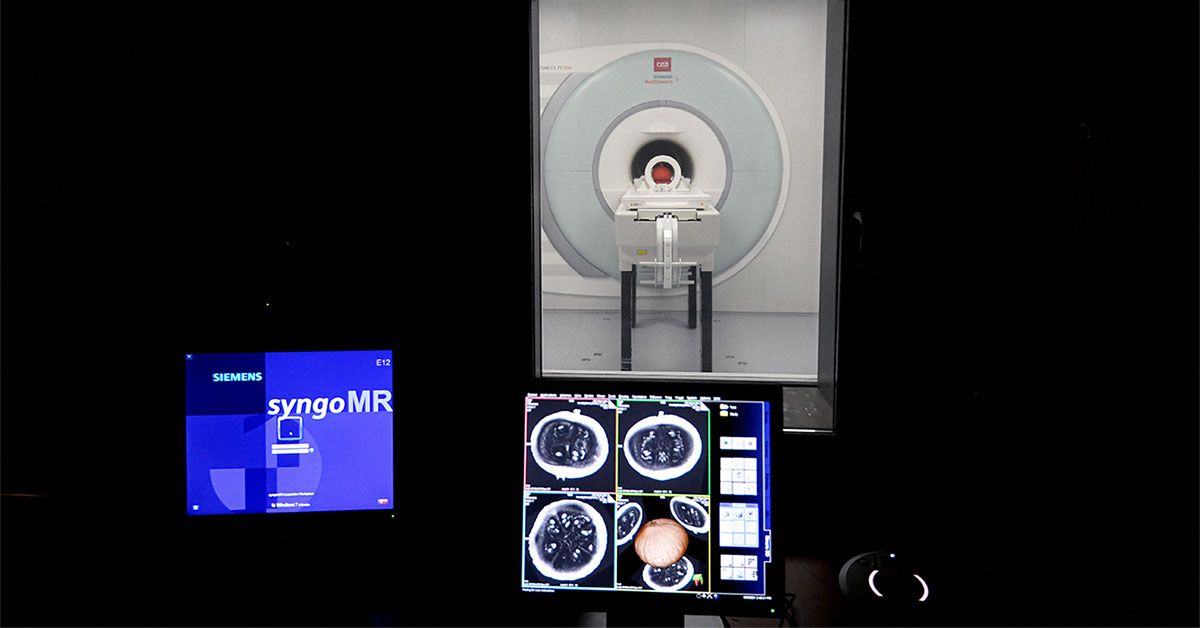A recent study has shed new light on how COVID-19 impacts brain health, particularly focusing on changes in the brainstem that may help explain long COVID symptoms. The research, published in the journal Brain, used advanced scanning technology to examine the brainstem in people who had been hospitalized with severe COVID-19. The findings revealed abnormalities in key regions of the brainstem associated with brain inflammation, particularly in areas responsible for controlling breathing.
The study, which included 30 participants who had been hospitalized with COVID-19 and 51 age-matched individuals who had not been infected, found that the brainstem abnormalities were more pronounced in those who had experienced higher levels of inflammation during their illness. This suggests a link between brain inflammation and long-term symptoms such as fatigue, breathlessness, and chest pain experienced by some COVID-19 survivors. The researchers also observed that the abnormalities in the brainstem may be a result of inflammation rather than direct viral infection in the central nervous system.
The research used ultra-high field (7T) quantitative susceptibility mapping, a powerful scanning technology that offers increased sensitivity and better resolution, allowing for the detection of microscopic changes in the brainstem. By examining the brainstem at a detailed level, the researchers were able to identify specific regions, such as the medullar reticular formation, that showed abnormalities linked to inflammation. These findings provide valuable insights into the potential mechanisms underlying long COVID symptoms and may offer new avenues for treatment and rehabilitation.
Despite the promising results, the study does have some limitations, including its small sample size and the use of brain scans taken at a single point in time. However, the researchers are hopeful that further investigations using advanced scanning technology will provide additional insights into the long-term effects of COVID-19 on brain health. The study’s findings could also have implications for understanding and treating other neurological conditions involving inflammation in the brainstem, such as multiple sclerosis.
In conclusion, the study highlights the importance of investigating the impact of COVID-19 on the brain and the potential long-term consequences for survivors. By focusing on changes in the brainstem associated with inflammation, the research offers new insights into the underlying mechanisms of long COVID symptoms and paves the way for future studies to explore effective interventions. As researchers continue to unravel the complexities of COVID-19 and its effects on the nervous system, advanced scanning technologies like 7T MRI scanners may play a crucial role in advancing our understanding of neurological complications associated with the disease.











